ELEAGUE kicks off in exactly one month, with some of the best Counter-Strike: Global Offensive teams in the world facing off on national American television. And popular CS:GO caster Anders “Anders” Blume is excited.
First announced in December last year, ELEAGUE is a partnership between media company Turner and talent agencies WME | IMG. Featuring two seasons and a total prizepool of $2.4 million, the tournament will be aired on TBS and online starting from May 24.
The competition has received some skepticism from the Counter-Strike community. Many fans are worried that the game will lose its authenticity due to being broadcast on television and produced by a huge media company. Others are unhappy that their favorite team did not qualify or get invited to play.
Just days ago the final lineup of 24 teams was announced. This includes: Astralis, Cloud9, Counter Logic Gaming, compLexity, Team Dignitas, Echo Fox, EnVyUs, FaZe Clan, Flipsid3 Tactics, Fnatic, Gambit Gaming, G2 Esports, Team Liquid, Luminosity Gaming, mousesports, Natus Vincere, Ninjas in Pyjamas, NRG eSports, OpTic Gaming, Renegades, SK Gaming, Team SoloMid, Virtus.pro, and Tyloo.
In January an ELEAGUE showcase was held during the Consumer Electronics Show (CES) in Las Vegas, Nev., with Anders on the casting desk. It was the first look the CS:GO community had at what the actual competition would be like.
The Daily Dot sat down with Anders to get his thoughts on the state of CS:GO, what developer Valve can do to increase the esports scene, and his experiences of ELEAGUE at the Road to Vegas competition.
How did you feel going into the Road to Vegas?
Anders: My big concern was how restrictive this was going to be in terms of how much we [the casters] would be allowed to do what we want to do, what we’re used to doing, and we had no clashes at all. They repeatedly told us, “Just do whatever you guys do and we’ll do what we’re used to doing.”
So being able to do your normal commentary was a huge worry for you?
Yeah I think the esports world has had a few run-ins with the television world before and everything becomes very politicized. You’ve got to be careful what you say because you don’t want to offend anybody and a lot of restrictions are put on, which is really what nobody wants. I think everyone had that fear. Even though we’d been told beforehand that wasn’t going to be the case you still always have that in the back of your mind, “Is that really going to be true or is it going to turn around once we actually get there?” But that wasn’t the case, which I think is a really positive sign going forward that we can keep the integrity of our game and the essence of it intact. That’s important.
What did you think of the Road to Vegas competition overall?
It was good in the sense that there were no technical issues. Turner did a good job making sure everything was running smoothly. It was exciting. And just the chance to meet all the people working [at Turner], getting to rub shoulders with the television world has been interesting and a very positive experience.
OpTic have now qualified for ELEAGUE, what did you think of their performance?
I was surprised. I think traditionally a lot of American teams, especially when they’re winning, actually start making some really silly mistakes where they get a little bit too confident and they start pushing too much, they’re too aggressive.
I saw a lot of restraint on OpTic, a lot of smart plays that didn’t necessarily result in kills, but it resulted in them not dying. So I think that was cool. ShahZaM played well under pressure, which is sort of a previous flaw of his. And RUSH showed up massively. NAF was playing in a league of his own. So overall I think some really positive signs, not just one person carrying the whole show.
Has the growth of CS:GO surprised you at all?
I always thought, and I still think, that they [FPS games] have a chance to beat all the rest of them because it is a lot harder to get someone into a MOBA game.
It hasn’t surprised me. Historically speaking Counter-Strike is one of the first games to make it as a competitive title, along with games like StarCraft way, way back in the day. Then came the era of the MOBA games like Dota 2, Heroes of Newerth, and League of Legends. And for a long time everyone was saying that if a game is going to be an esport it almost has to be a MOBA or maybe an RTS game like when StarCraft 2 came out, because that was obviously very popular. Nobody seemed to recognize the idea that FPS games could be very popular. And I always thought, and I still think, that they have a chance to beat all the rest of them because it is a lot harder to get someone into a MOBA game. Counter-Strike you can sit down and watch, without any prior knowledge, and you’ll pretty much understand where something amazing is happening and when the skillful plays are happening and that’s a huge strength. But that’s not to be confused with it being simple, because it has tremendous depth, but I think it’s much easier to get into.
What would you say is the strongest CS:GO region right now?
The European scene is the strongest scene right now, there’s no doubt about that. The North American scene actually has a lot of potential, I think. If you look at the amount of potentially individually skilled players there is room to create at least one team that should be top five in the world, and maybe even a second one that could approach that with time.
Nobody seems to have been able to break the code and form the NA super team.
There are so many people playing and streaming Counter-Strike, which means it surely is just a question of time. But nobody seems to have been able to break the code and form the NA super team, and part of the reason probably has to do with contracts and also individuals not really getting along too well. There’s a lot of stuff like that. But historically speaking North America has always been a force in Counter-Strike, going all the way back to CPL days. And you can’t leave out South America as well with the Brazilian team coming in and playing really well, Luminosity, they’re an amazing team.
What do you think Valve can do to grow the CS:GO scene further?
It has to be Asia and China, the SEA region. There are a lot of challenges and whenever you bring it up people always say things like, “Well, they don’t like paying for games because they play at LAN centers.” That might well be true, I hope that Valve will find a way around that, maybe make a partnership with some of these big distributors in the region, and try and get it out there.
The other thing people always say is, “Well, they play other FPS games, they’re used to games like CrossFire and Counter-Strike: Online,” and all I hear when people say that is they already love FPS games, so let’s show them something that’s even better. I think the Asian region is a huge sort of tactical strategic point and CS:GO will survive a lot longer if we can make a breakthrough there.
Do you think Valve does a good job of working and communicating with the community?
Valve as a company is all the way on one side of the fence when it comes to having control over the game and the community and what everyone does. They want to not influence things very much. They’d rather for people to figure out their own way. All the way on the other side is Riot Games, who would preferably have a GPS tracker on every person they hire and probably a webcam too just to make sure that everything is under control at all times.
The Counter-Strike team itself is small, so if you want a Counter-Strike developer to sit down and talk on Reddit and talk to people and give feedback, that’s time they’re not spending coding and fixing things. So when you only have a small team you’ve got to realize that that’s a problem as well.
If you want a Counter-Strike developer to sit down and talk on Reddit and talk to people and give feedback, that’s time they’re not spending coding and fixing things.
I kind of wish that Valve would hire an esports consultant, or someone who could be the face towards the community and say, “Right now we’re doing this and here’s why, this is our reasoning,” and have some communication. It is a really tricky problem. And as soon as you acknowledge in front of the community that they have a say in things and you’re communicating to them, they’ll expect more and more and that can be hard to manage as well. But I wish sometimes there was a bit more.
Obviously they support the major tournaments and have a whole setup for that. That in itself is a very good start and it’s allowed for other tournament organizers like ESL, like DreamHack, like ELEAGUE now, to come in and try and build and get some real estate in the scene, which is very important. You can’t have a situation where suddenly Valve show up and say, “Well, let’s just put a $20 million tournament on,” which they probably could. But as soon as they do that they ruin everybody else’s investment into the game and things get very bad. So in a sort of weird way the lack of what they’re doing is actually part of what they’re doing, it helps out that they’re allowing people to do that. I feel like that’s often overlooked.
ELEAGUE starts very soon.
I’m excited to see how this league is going to play out. I feel like it’s a good opportunity. And now that I’ve finally had the chance to meet the Turner guys I’ve got to say I’m positively surprised that it’s been really easy to work with them. I can’t think of even a single thing that we said we wanted to do or asked if we could do that they said, “Don’t do that.” So that’s been interesting. We do after all have Thorin and Richard here [at the Road to Vegas] so you could run into some boundaries there, but it’s been alright.



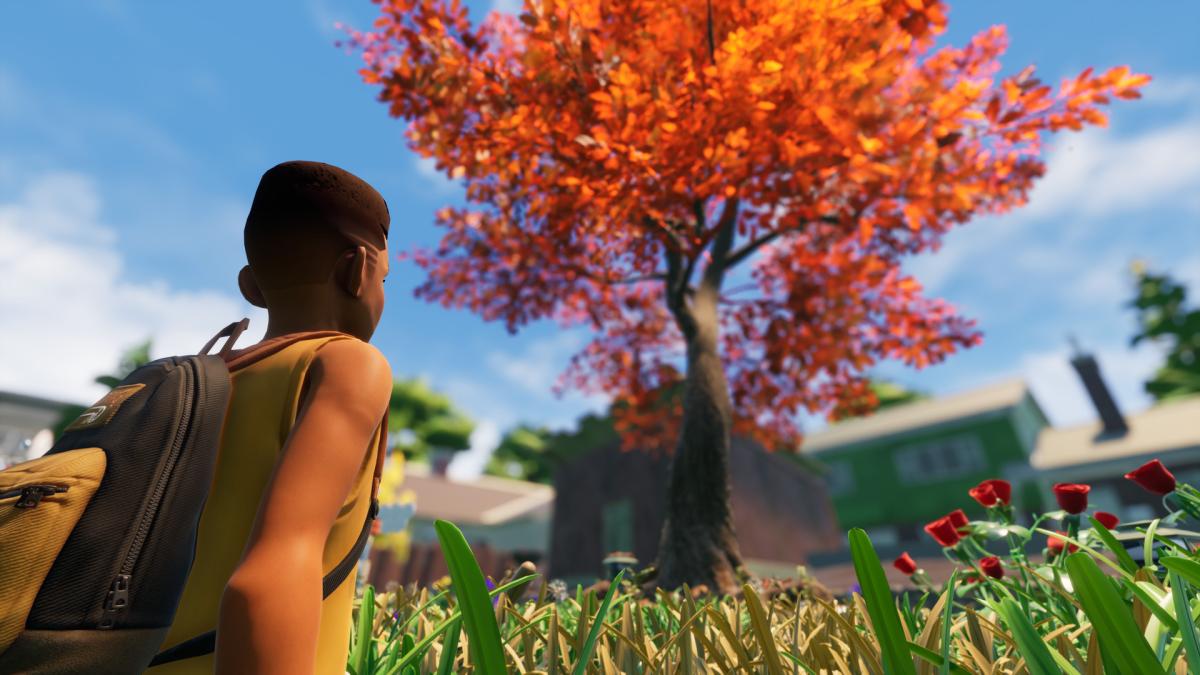
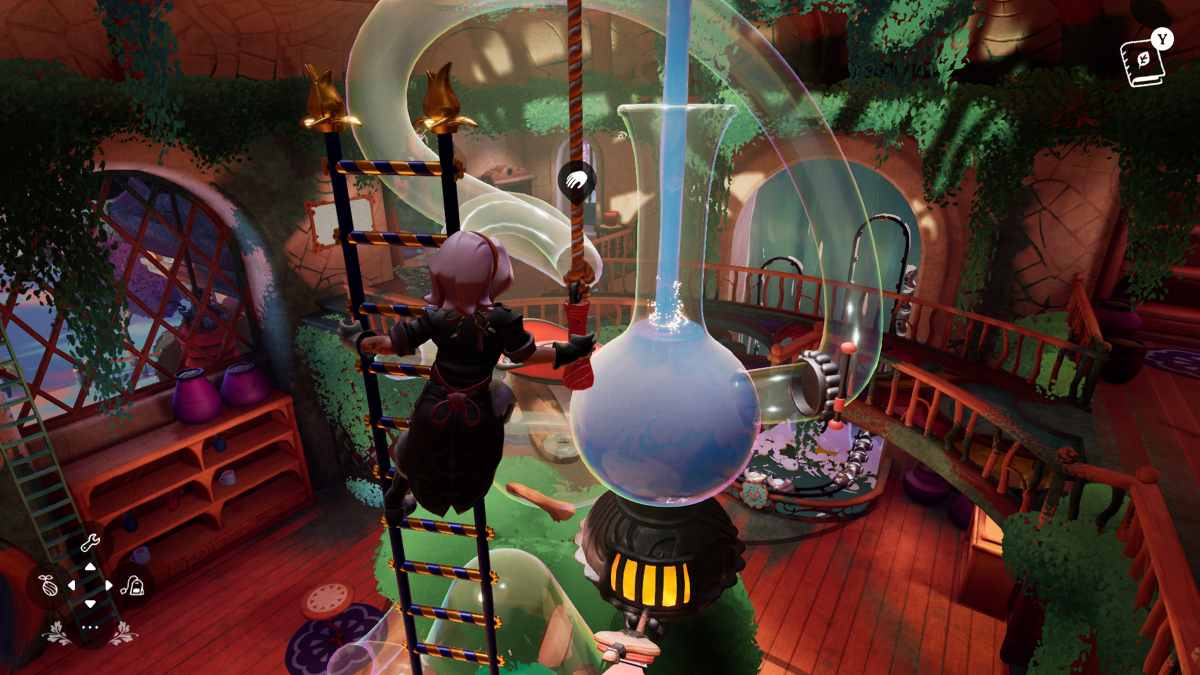
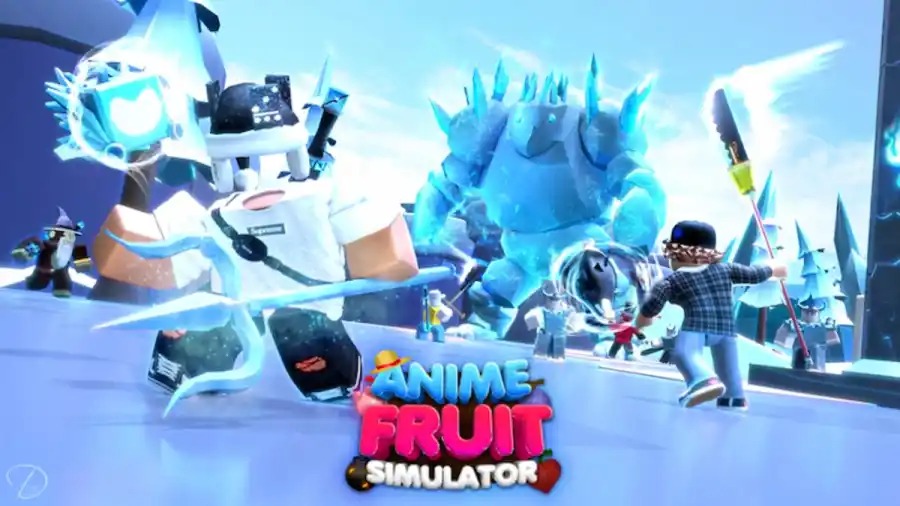
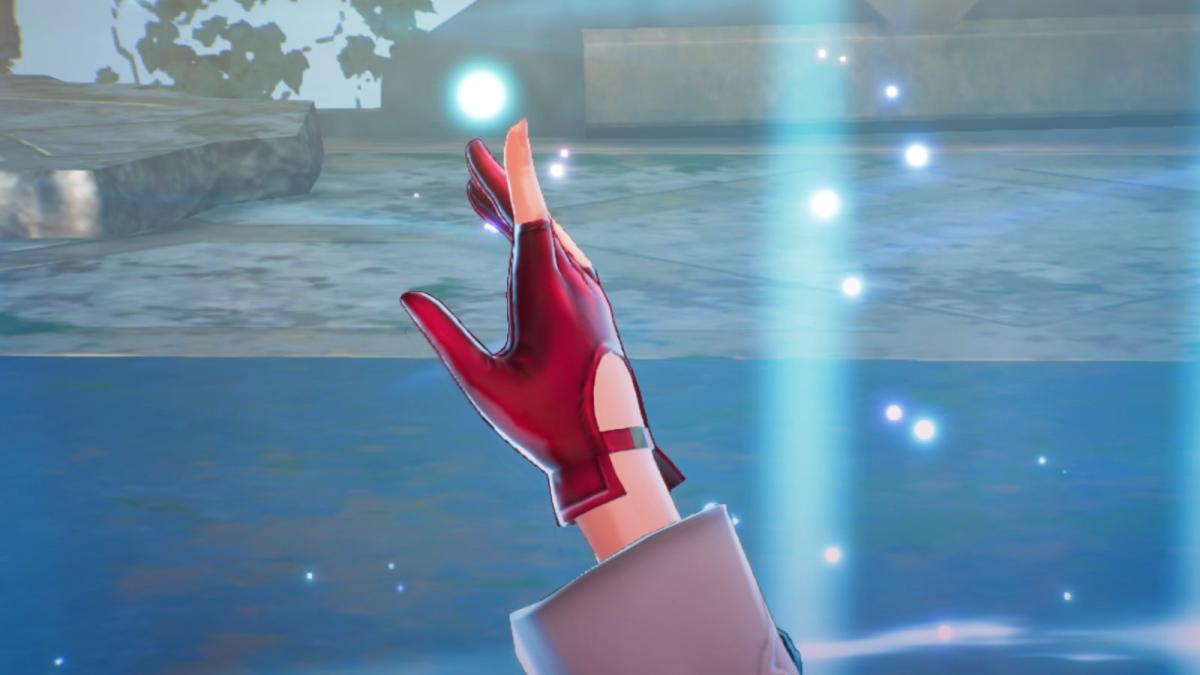
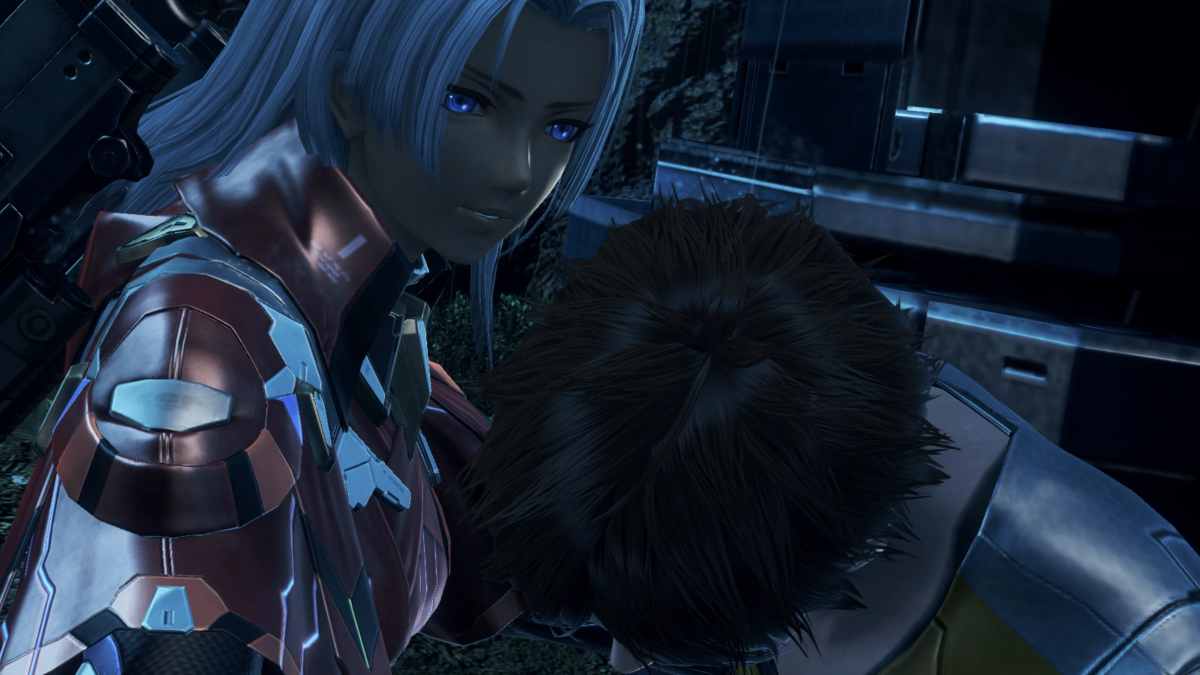
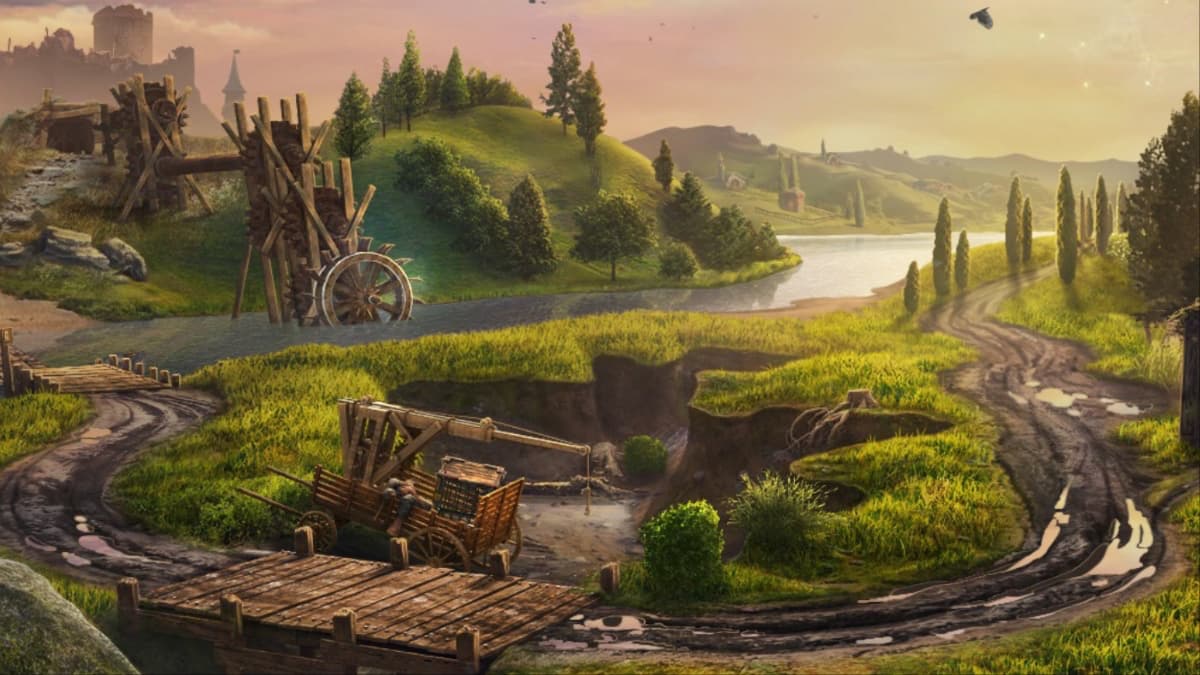
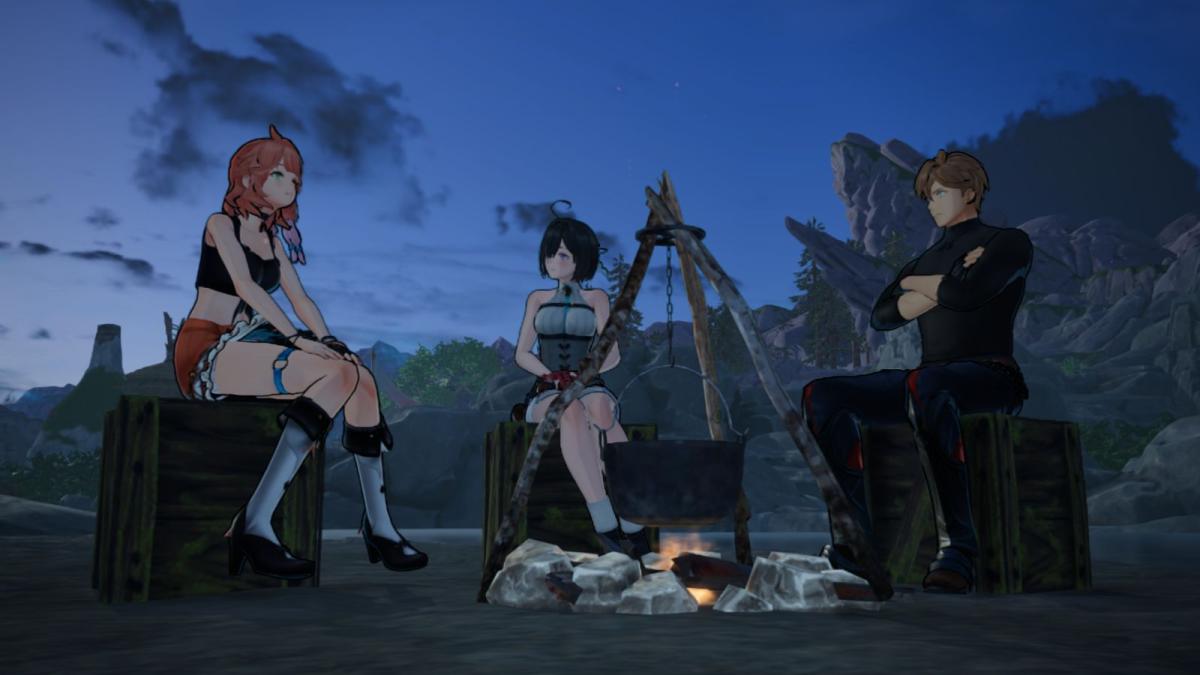
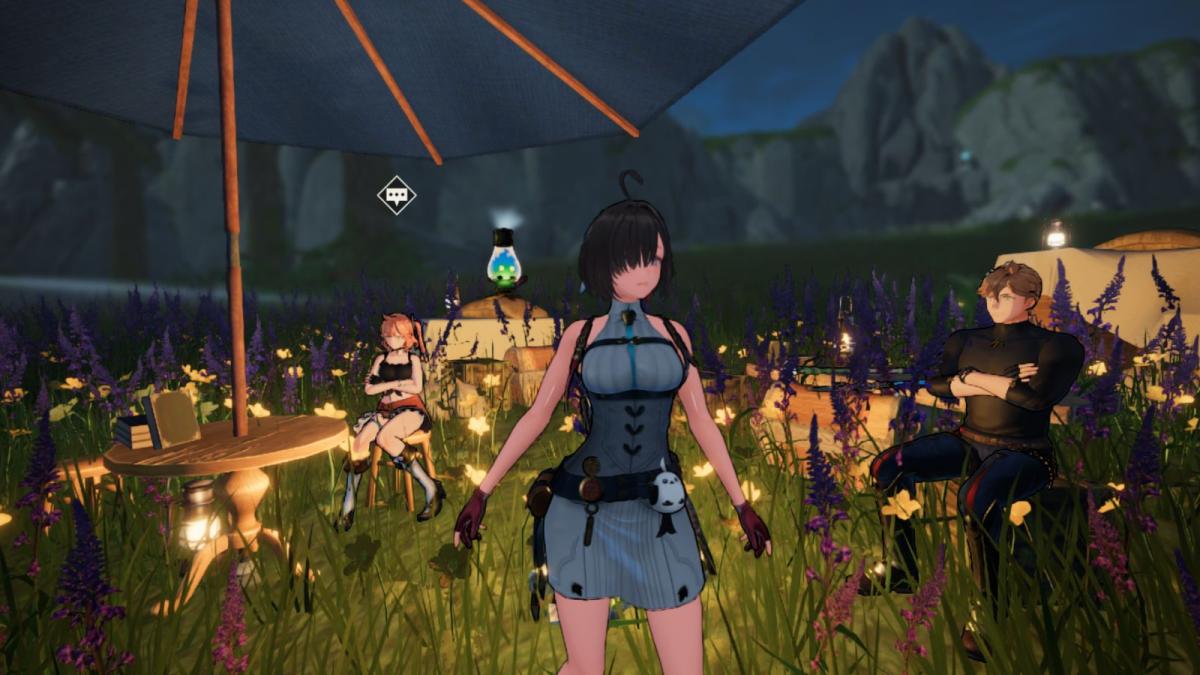
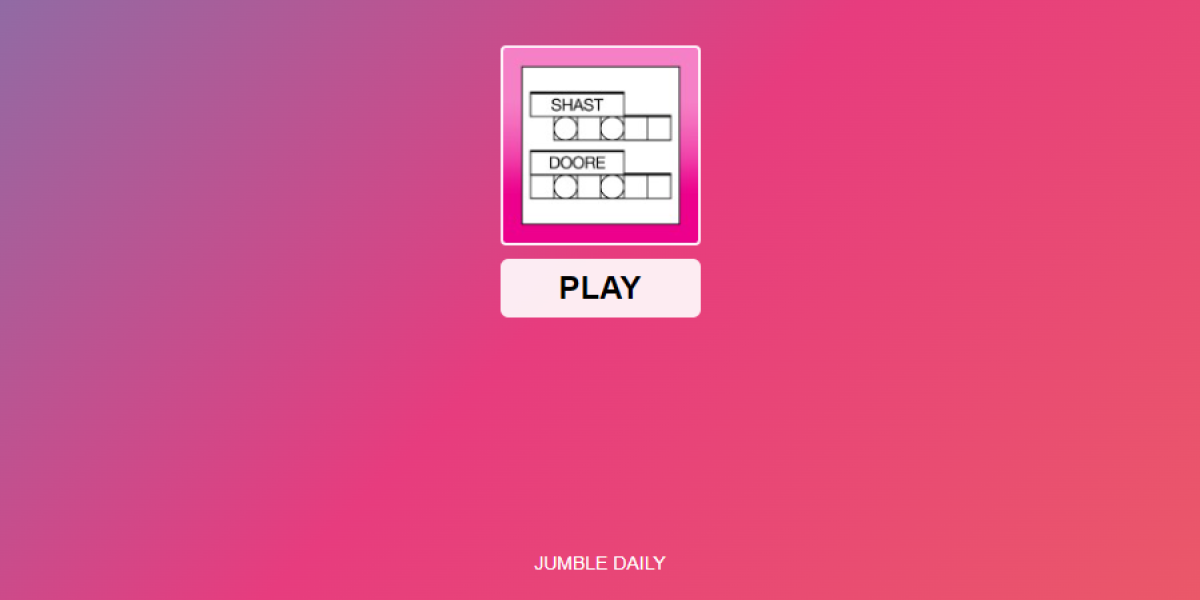
Published: Apr 24, 2016 03:00 pm